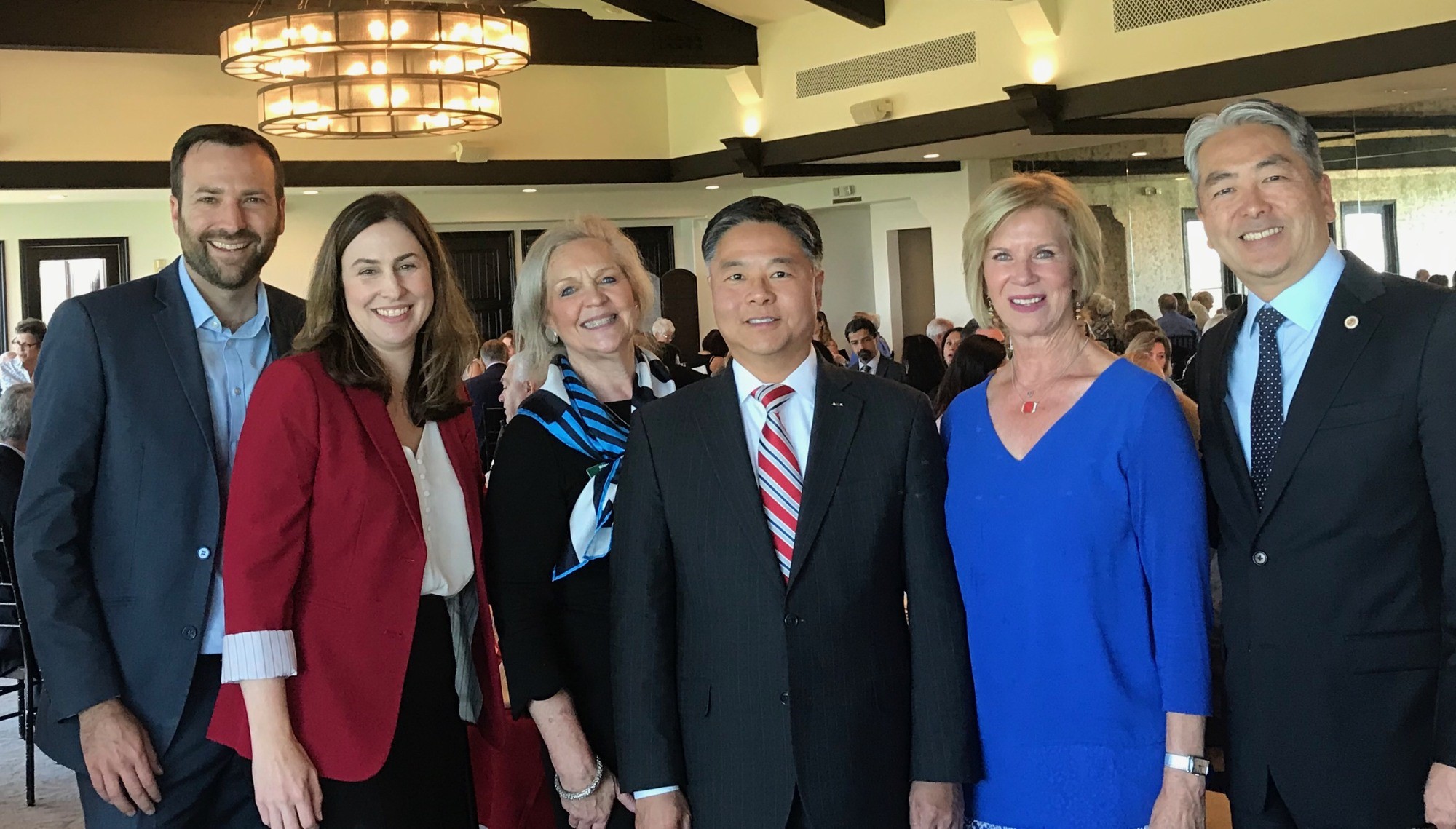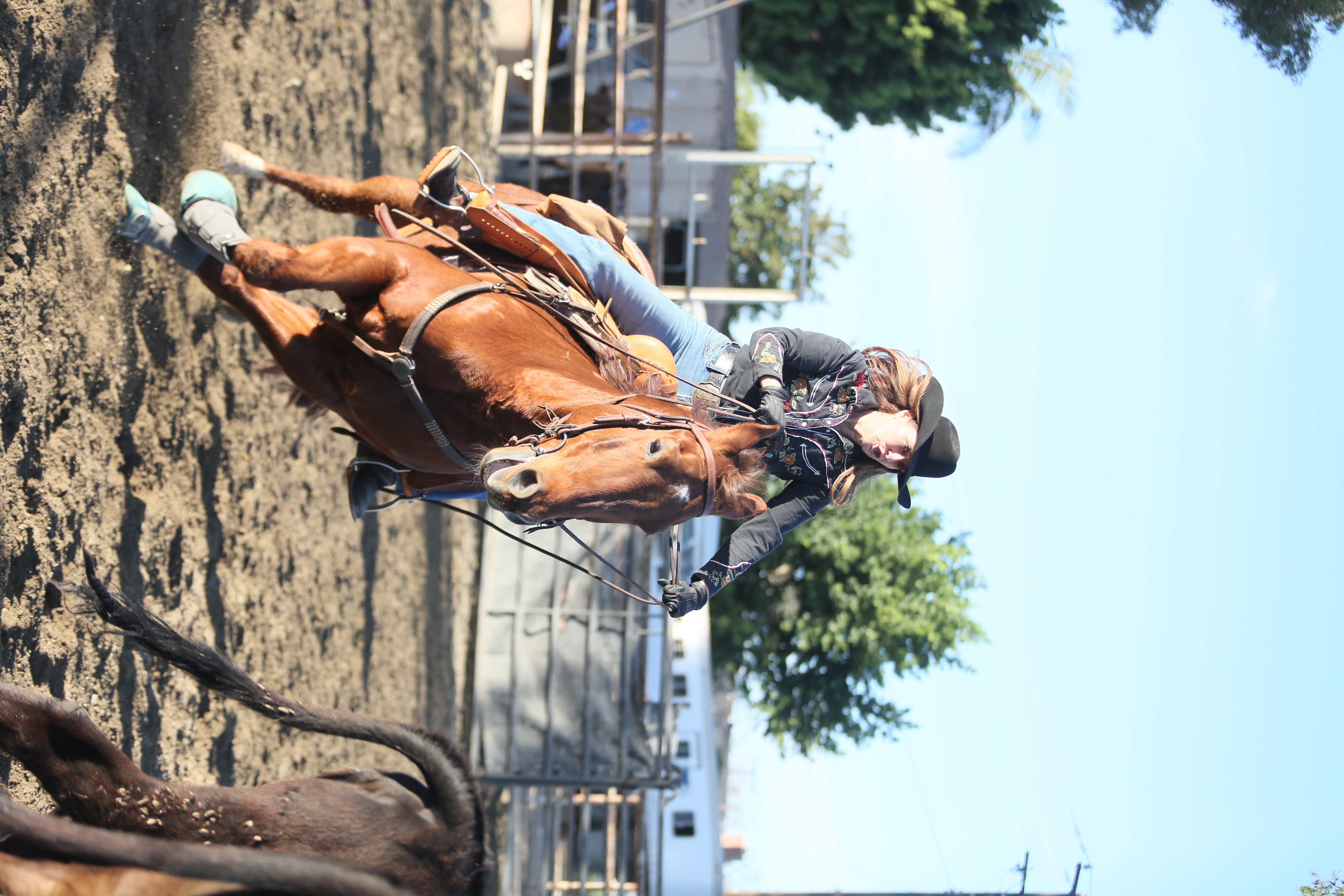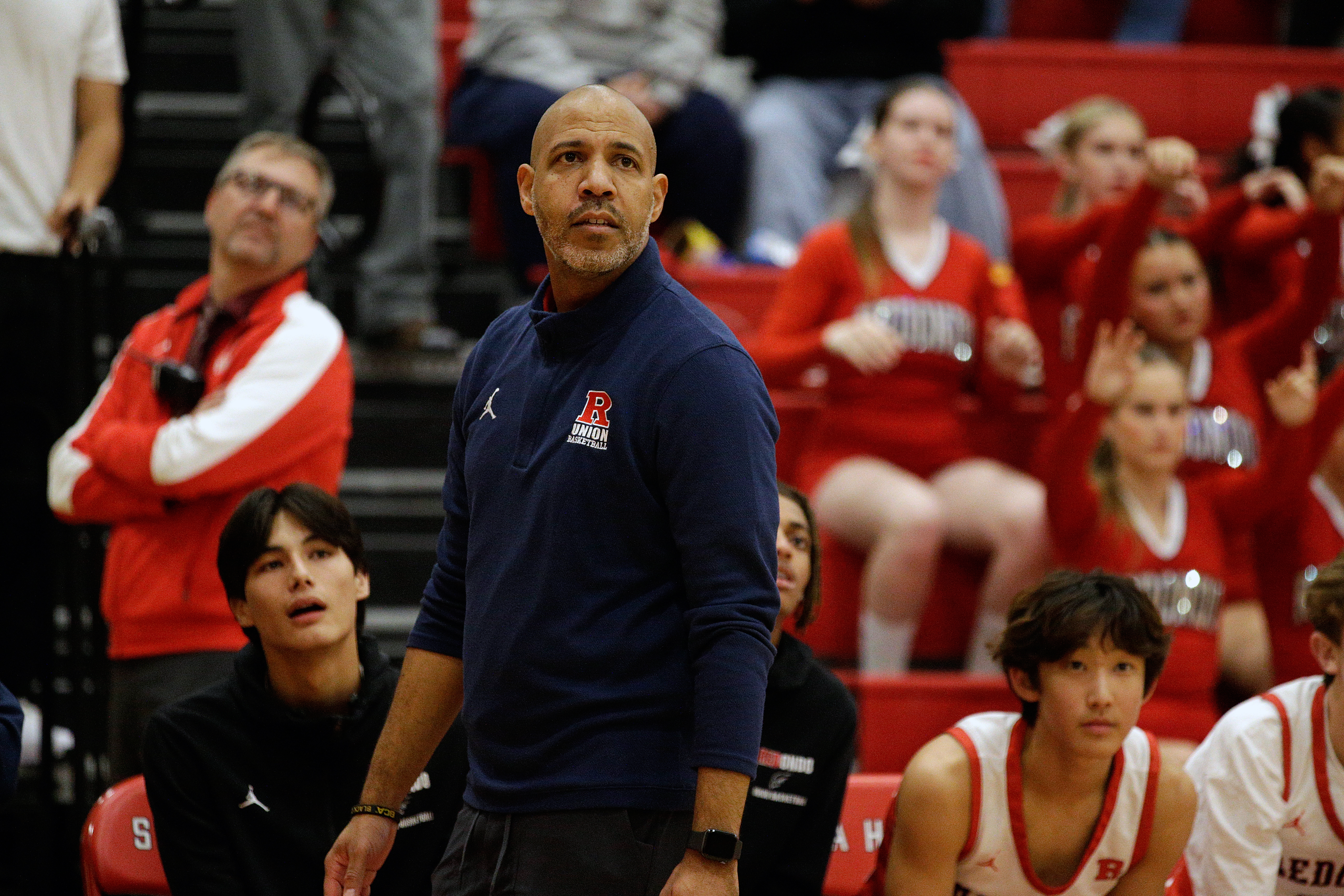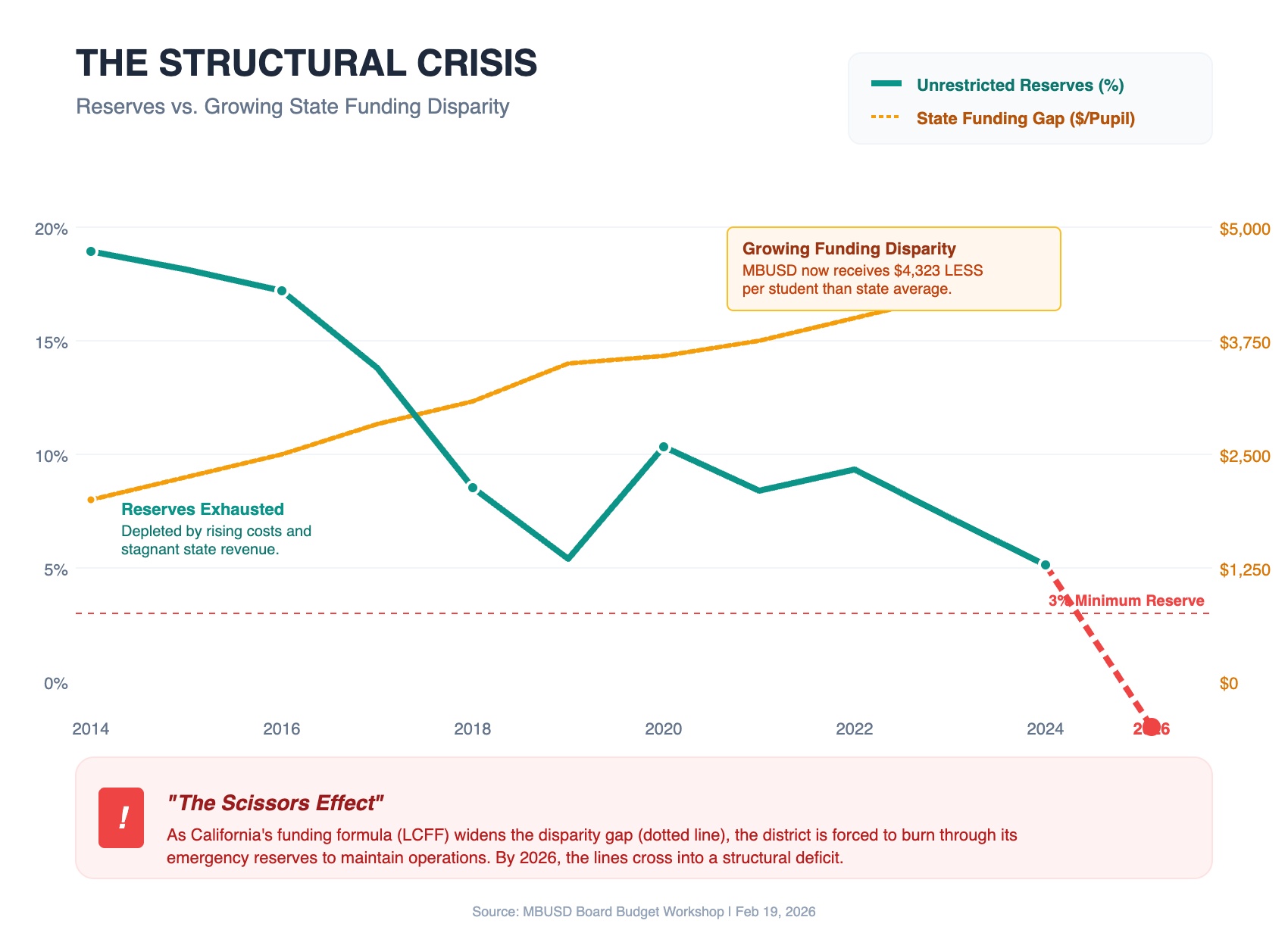
It’s not the “new Manhattan Beach of Beverly Hills,” as one longtime customer recently put it.
And that’s just the way he liked it.
Gary Moore bought the bar Ercoles on March 16, 1972 and devoted himself to not changing a thing, except maybe adding a grill to make his signature hamburgers, or “beer sponges,” until his death at the age of 82 on Aug. 26.
The cash registers weren’t computerized. He kept the old menus he found from Ercoles’s earlier incarnation as a restaurant, offering shrimp cocktail for 20 cents and lobster for 75 cents. Even as the town boomed, he resisted increasing the prices of his drinks, making it hard for neighboring bars to increase theirs.
“If something is working well, you don’t need to change it,” said one former bartender, Charles “Chas” Caton, describing Moore’s business mentality. “Leave it alone.”
Some have worried that the beloved neighborhood institution, which has been compared to the bar on the television show “Cheers” because of its friendly atmosphere and longtime regulars, may change with Moore’s passing.
But even in death, Moore made sure to take care of his “bulldog,” as he sometimes called the bar. He asked his niece, Staci Clark, to whom he left the business, to keep it the same.
“One of his wishes for me was to keep Ercoles as it always is,” said Clark. “I promised him it was what I would do.”
The Big Band music that Moore loved will continue to be played every morning in his honor, Clark said. The black and white photographs of old movie stars above the booths and the stag head above the pool table will remain.
Unsurprisingly, Moore appears to have been a man of habit. He arrived at the bar every morning around 6:30 a.m. and stayed until the day bartender arrived at 10 a.m., 365 days a year. He didn’t hang around the bar, but knew many of his regulars. It was 17 years until he took his first vacation, said Caton, who remained friends with Moore until he passed away.
When he wasn’t working, Moore loved to fish, going out on boats from Redondo Beach. He would often win the jackpot and give the winnings to the crew, ensuring unlimited future rides. Caton estimated that Moore owned between 50 to 70 fishing poles.
On the day Moore died, after being admitted to Little Company of Mary Hospital, he asked his niece to call the fishing report line in Redondo Beach.
“The morning that he passed away, at two o’clock in the morning, he goes, ‘Call this number for me,” said Clark, tearing up. “He wanted to listen to the fish report to see what was caught in Redondo Beach. He must’ve listened to it three times so he could see what the catch of the day was.”

Although he never married and didn’t have any children of his own, he was close to Clark and her family, visiting them at their fruit farm in Colorado.
“Gary was like a father to us, a second grandfather to my children,” she said. “We were the close family he never had.”
Despite his tough exterior, those who knew Moore well described him as warm and generous.
“He was like Grumpy Cat at work,” said Lynda “Tinker” Morache, who worked at the bar Moore managed before buying Ercoles, Cisco’s. “On his days off, he was the happiest, funniest guy in the world. Other people would say, ‘I never saw that part of him.’ I did.”
Gary Keith Moore was born in Hebo, Oregon on March 3, 1933 to Crystal and Audie Moore. The family moved to Compton when he was six. After graduating from Compton High School, he had various jobs, working at Armstrong Tile Company, driving a beer truck, bartending and managing Cisco’s, another Manhattan Beach hangout that featured performers like Ike and Tina Turner and Neil Diamond.
In 1972, Moore bought Ercoles, opened in 1927, from Louis and Ellen Underwood. Someone claiming to be related to the original owner once visited and said it was named for a Greek relative, according to Caton.
Although Moore was put on dialysis three years ago, he continued to work at Ercoles until he went to the hospital.
“It was probably what kept him going all these years — the bar,” said Clark. “It was such a huge part of his life: the people in it, the employees. I know he appreciated each and every one of them.” ER








